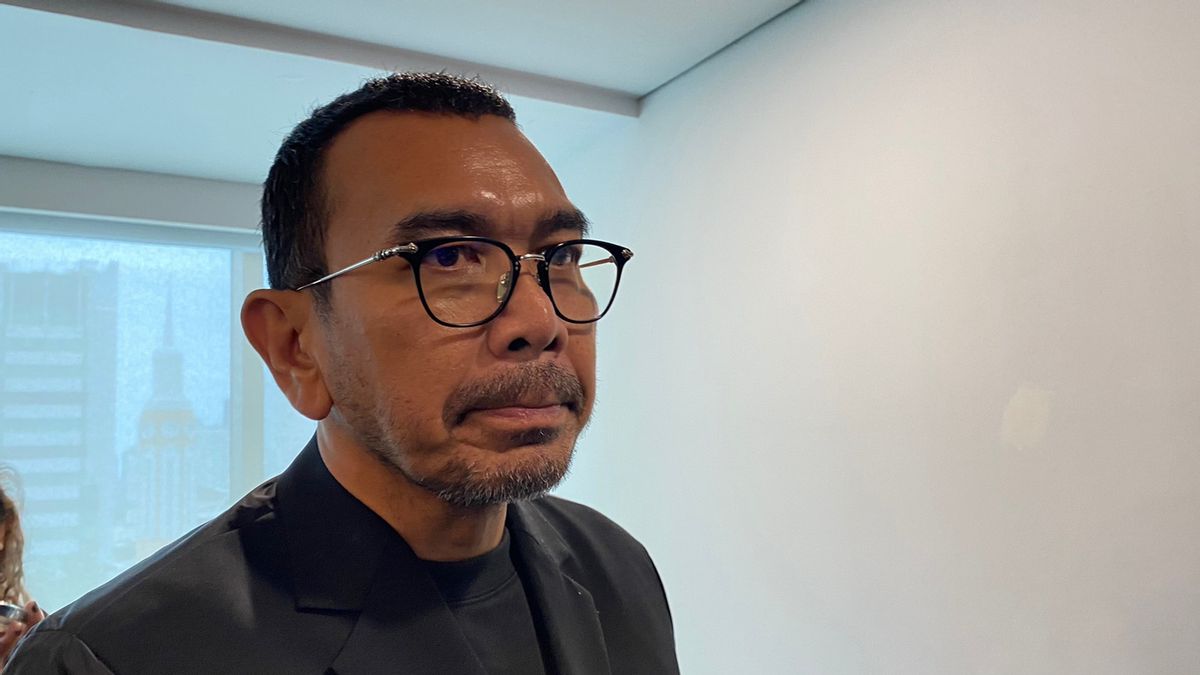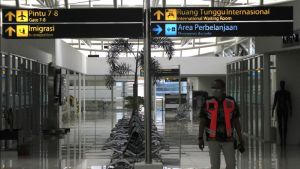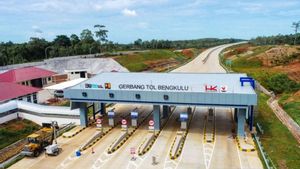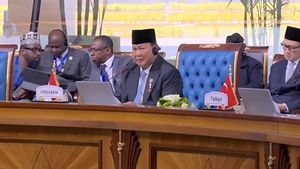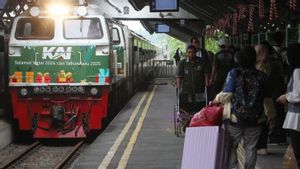JAKARTA - The Indonesian and Chinese governments have not set a cost overrun or swelling costs for the Jakarta-Bandung High Speed Rail (KCJB) project.
There are differences in the calculations of these two countries.
Meanwhile, based on temporary data, the costs of the Jakarta-Bandung high-speed train swelled to US$1.176 billion or equivalent to Rp. 16.8 trillion.
The increase in the budget for the high-speed train was debated by PT Pilar Sinergi BUMN Indonesia (PSBI) and the Chinese consortium Railway International Co. Ltd. The Chinese consortium had rejected the calculation of the cost overrun offered by PSBI.
The rejection was because the Chinese Consortium did not recognize the fees from PT PLN (Persero), PT Telkom Indonesia Tbk, to the tax issue.
Special Staff to the Minister of SOEs, Arya Sinulingga, revealed the latest news from both parties.
He said, the negotiation process for Indonesia and China is still ongoing today.
"There will definitely be an agreement. Just wait, it's called negotiations. It doesn't affect the timeline because there was a commitment yesterday at the G20 time between Xi Jinping and Pak Jokowi," said Arya when met at the Ministry of SOEs, Friday, February 3.
Arya revealed that the cause of the swelling of the costs of the Jakarta-Bandung high-speed rail project. He said, there were a number of components such as land prices to frequency problems that China did not calculate.
Moreover, said Arya, land prices in the country tend to increase every three months. This condition is different from in China, where the local government can control land prices.
"I give an example, if in China where there is an increase in land prices. If it has been set, the project will cost 10-20 years. If Indonesia, 3 months has changed. They (China) think the government should be able to lock the land price, so it can't, the conditions are different," he explained.
Not only about land prices, said Arya, the next component is the Base Transceiver Station (BTS) tower belonging to PT Telkomsel Indonesia Tbk.
Arya said the process of transferring BTS had consequences for Telkomsel's business compensation.
"Regarding frequency, it is considered state property, correct, but the management has been submitted to Telkomsel. Whether it is Telkomsel BUMN or not BUMN, in Indonesia it is considered a business contract," he said.
"When Telkomsel takes it, it loses, because there are transfer costs and so on that must be compensated. What is certain is that we ask SOEs not to make a profit, but also not to lose, Telkomsel is okay," he continued.
Even so, Arya ensured that the cost-swelling issue would not hinder the target of high-speed train operations.
As is known, the Jakarta-Bandung high-speed rail project is targeted to operate in June.
Arya said that the completion of the high-speed rail project was the main focus of SOE Minister Erick Thohir.
"(The high-speed train project) is progress. One of Pak Jokowi's duties to Pak Erick is the high-speed train. This is being progressed, not long after, it will coincide with the LRT," said Arya.
The English, Chinese, Japanese, Arabic, and French versions are automatically generated by the AI. So there may still be inaccuracies in translating, please always see Indonesian as our main language. (system supported by DigitalSiber.id)
